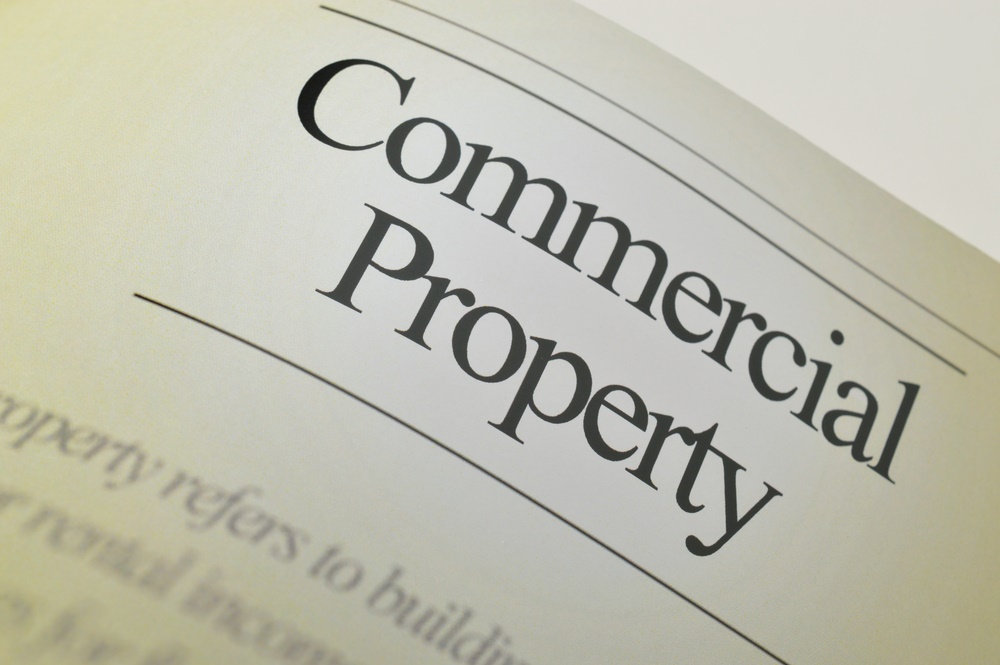New Code of Practice for commercial landlords and tenants
The government has published their long awaited Code of Practice governing relationships between commercial landlords and tenants during the current pandemic.
The ability of tenants to pay rent has been widely impacted. The lockdown has prevented many businesses from trading at all with the hospitality, leisure and retails sectors the obvious casualties. Although the lockdown is starting to lift, social distancing is still with us and will continue to have an effect.
What is the Code of Practice?
There have been measures implemented preventing landlords from taking action against their tenants - for example restrictions on forfeiture and Commercial Rent Arrears Recovery (CRAR). Initially in place until the end of June, it was announced on 19 June that these measures would be extended until the end of September.
Discussions between landlords and tenants, however, continue and the government has issued the Code in an attempt to promote best practice. The Code is voluntary but is endorsed by numerous representative groups and trade associations including the British Retail Consortium, Association of Convenience Stores and Federation of Small Businesses.
It seeks to promote that all parties act reasonably and accepts that there are issues faced by all. Tenants are encouraged to provide financial information evidencing the impact of lock down on their businesses to assist landlords in assessing the position. Landlords are encouraged to provide concessions where they can.
Both parties are urged to contact lenders to seek support and a corresponding statement from UK Finance (the trade association for the financial and banking sector) states that bank and finance providers will "treat customers sympathetically and consider their circumstances on a case-by-case basis". https://www.ukfinance.org.uk/covid-19/business-support/support-for-commercial-landlords
What does the Code advise?
The Code provides practical suggestions of possible arrangements including rental variations, waiver of default interest, deferral of rent, payment of rent over shorter periods (monthly rather than quarterly for example), and part payments.
Tenants are urged to pay service charges and insurance charges as these are costs to the landlord. Landlords are urged to pass on service charge savings where costs are reduced due to lack of property use. It is however acknowledged that service charge costs may be higher due to compliance with COVID-19 requirements.
Nothing in this code changes the legal obligations of either landlord or tenant but it does provide a reference point for discussions between them.
Code of Practice: https://www.gov.uk/government/publications/code-of-practice-for-the-commercial-property-sector
Get in touch with us
For further information or advice, please contact Heather Jones, Wards' Head of Business Services and Commercial Property at heather.jones@wards.uk.com or 01275 850470.
Alternatively, click here to get in touch with one of our Commercial Property team across our 11 local offices.


